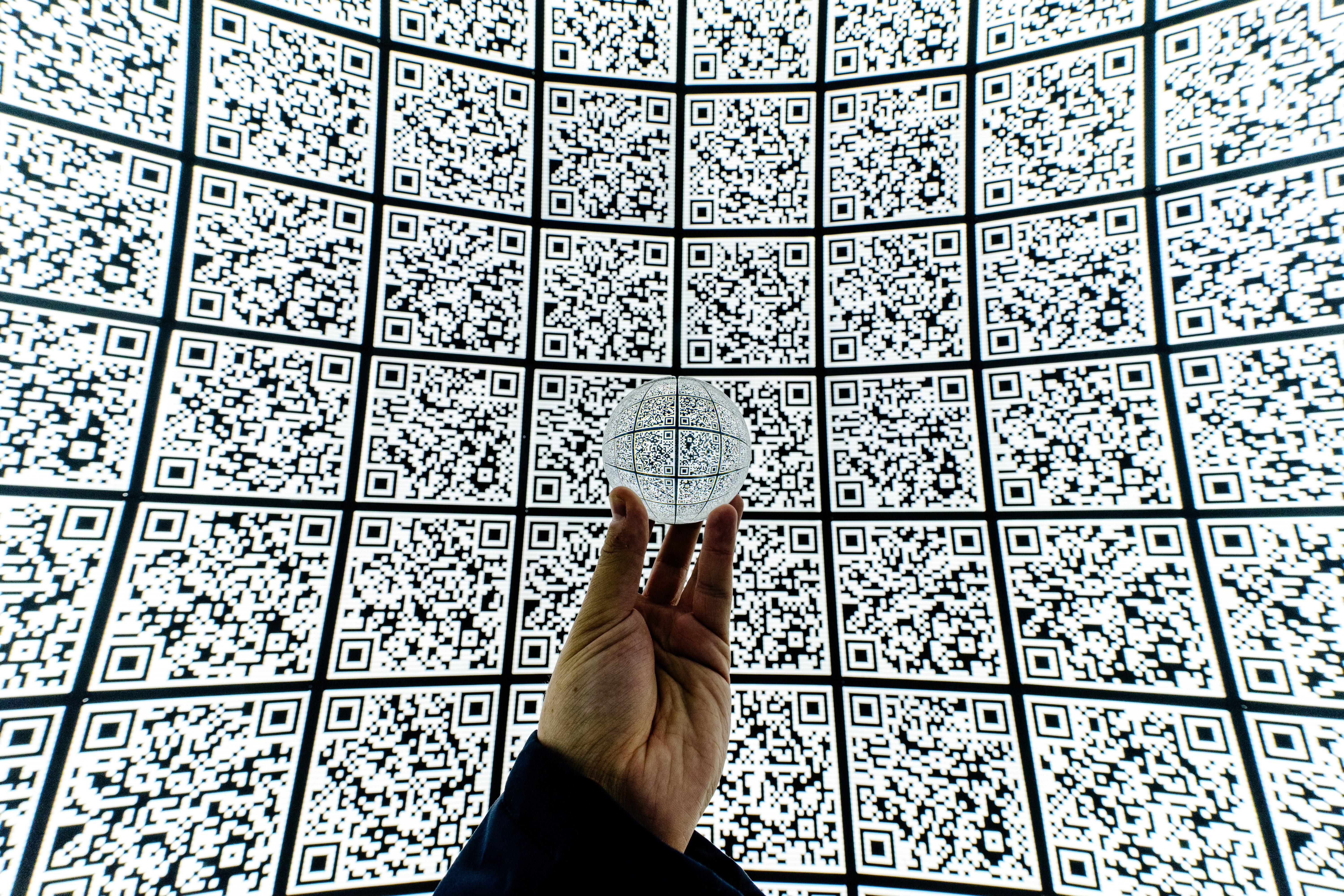Students or former students can sue their education institutions for using their images for marketing purposes.
This follows a case brought forth to the courts by a former Machakos University student who argued that the university violated her constitutional rights by using her image in marketing materials.
In later 2021, the petitioner, Catherine Njeri Wanjiru, sought the help of the courts to compel the university to issue a declaration it violated her fundamental right to privacy and human dignity as stated in Articles 28 and 31 of the constitution through the publication of her images for commercial advertisement. This was done without her consent.
She further alleged that the University violated her rights under Article 30 of the Constitution by publishing her photo and likeness for the school’s commercial gain with no financial advantage gained by her. Catherine adds that her intellectual property rights were also violated from the same publication.
Reportedly, the university used one of her images to advertise on its website, a list of computer packages courses, which are offered at the institution for KES 7,000.
Machakos University, on its side, replied that it is partly funded by public funds and does not engage in commercial or profit-oriented activities.
It further alleges that the photos on the website portrayed her in a positive light because she is a graduate of the University.
The petitioner then sought compensation of KES 10 million per violation for violation of image rights, right to privacy, human dignity, and breach of data rights.
However, the court through Judge M.W. Muigai has since determined that there was no evidence of proof of injury, damage, or loss on the former student.
Thus, the University will pay nominal damages of KES 700,000 to the petitioner.
“A declaration is hereby issued that the respondent violated the petitioner’s fundamental right to privacy and human dignity under Article 28 and 31 of the Constitution by publishing the petitioner’s image for purpose of commercial advertisement without the petitioner’s consent,” said the Judge.




























